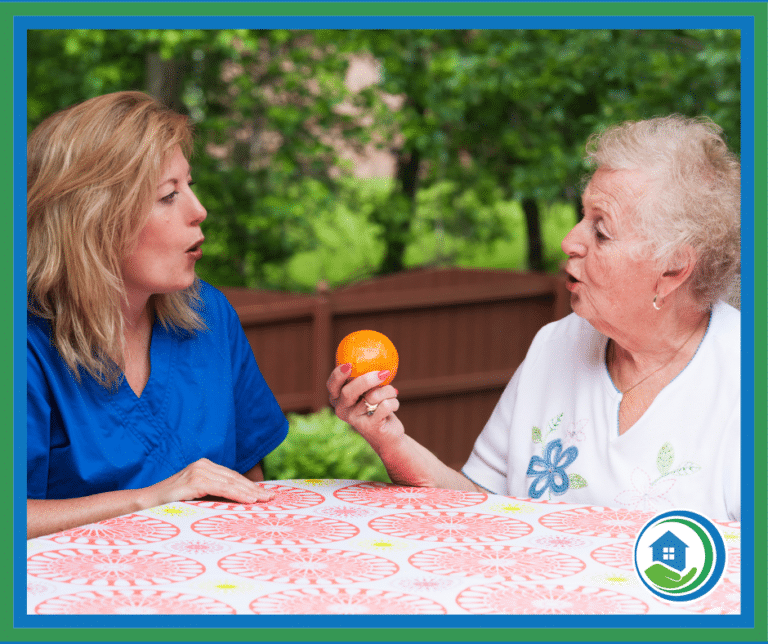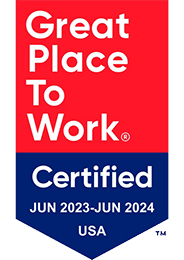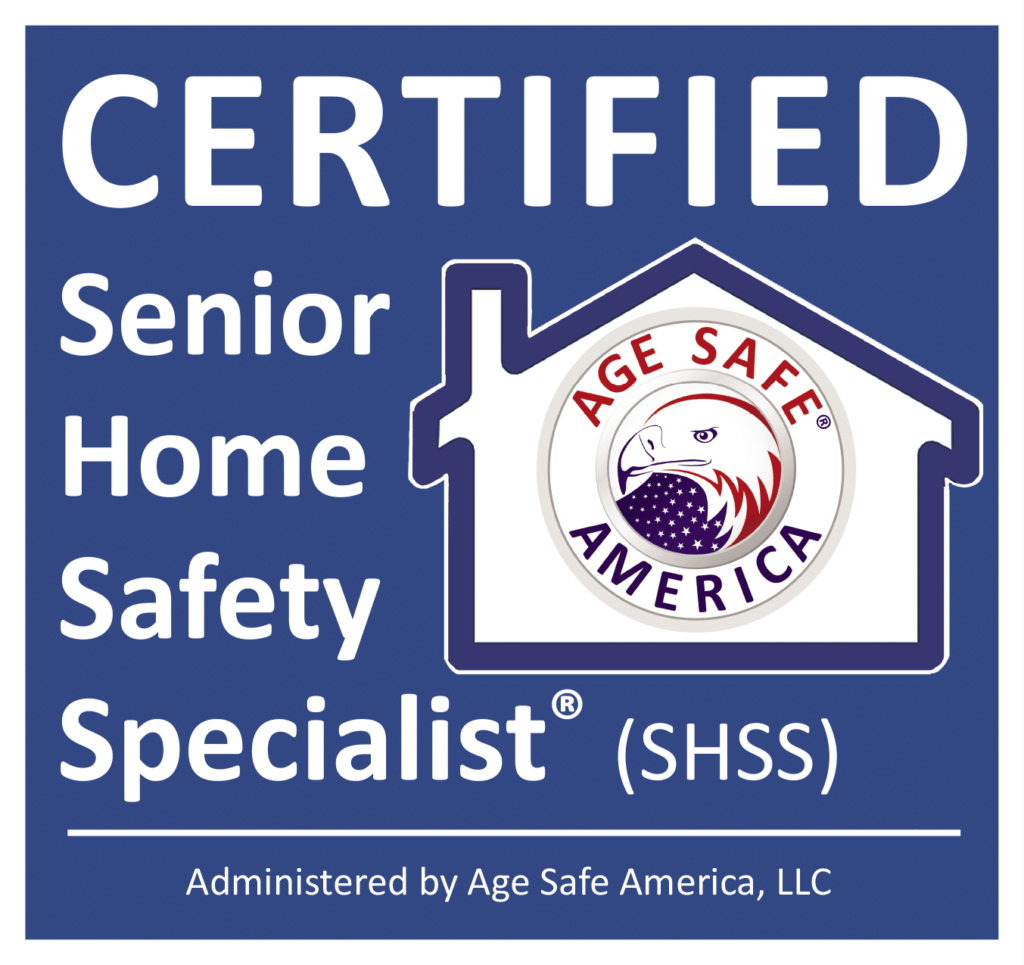Our bodies change dramatically as we get older, and strokes can be a difficult obstacle for many seniors to overcome to preserve their independence and general well-being. Recovery from a stroke is a slow process that requires tolerance, assistance, and specialist care. To provide a comprehensive approach to their rehabilitation, we will address the social, emotional, and physical elements of stroke recovery for seniors in this blog, as well as how loved ones and home care assistance can help.
Understanding a Stroke
A stroke is caused by an interruption in the blood supply to the brain, which results in a deficiency of oxygen and nutrients. The consequences of a stroke can take many different forms, impacting speech, movement, mental health, and emotional stability. Developing a recovery strategy that works for a senior requires an understanding of the unique obstacles they confront. By working together, loved ones and home care assistance can help seniors thrive.
Strokes Need Quick Medical Attention
Receiving timely medical attention is the first step toward recovering from a stroke. As soon as stroke symptoms are noticed, seniors should seek emergency medical attention right away because there is a limited amount of time to minimize potential damage. The consistent care and monitoring that come along with home care assistance help ensure that symptoms are noticed quickly.
How Can Rehabilitation Therapy Help
Speech, occupational, and physical therapy are essential for recovering after a stroke. The goals of these therapies are to increase communication abilities, restore independence in everyday tasks, and improve mobility. Rebuilding strength, coordination, and flexibility is facilitated for seniors by working with qualified therapists. These efforts can be strengthened with home care assistance, which offers consistent care.
Adapting the Home Environment
With the help of home care assistance, loved ones can learn what changes to the home might help seniors be more safe. This might include installing grab bars, ramps, and handrails and removing any potential tripping hazards.
Nutrition and Hydration
A well-balanced diet greatly aids recovery from a stroke. To create a diet that promotes general health and facilitates healing, the home care team can help seniors with meal planning, prep, and even cooking when needed. Not only that, but consistent home care assistance can encourage better hydration, which is not only crucial for general health but for brain health as well.
Support on an Emotional Level
Recovering from a stroke can be emotionally taxing. Seniors may struggle with frustration, worry, or sadness. Giving them emotional support through frequent conversations, participating in activities they enjoy, and letting them make decisions can all improve their general well-being.
Supporting Social Engagement
Socialization is not only essential for better recovery but also for general well-being. As such, seniors who participate in community events, join support organizations or pursue hobbies report feeling happier and more a part of the community. While this amount of activity might not be feasible after the stroke, seniors who have home care assistance can take baby steps toward the level of socialization needed.
Assisting seniors in their recovery from a stroke necessitates a multifaceted strategy that takes into account their social, emotional, and physical well-being. Loved ones and home care can assist seniors in regaining a full and independent life following a stroke by combining medical intervention, rehabilitation therapies, home modifications, appropriate diet, emotional support, and social engagement.
If you or an aging loved one are considering Home Care Assistance in Mineola, TX, please contact the caring staff at Clear Path Home Care today at (888) 740-7023
Clear Path Home Care provides compassionate, high-quality home care in Wood County, Dallas County, Rockwall County, Kaufman County, Van Zandt County, Rains County, Henderson County, Navarro County, and Ellis County in Texas.
- How Senior Care Helps Seniors Live Alone Safely - May 14, 2024
- How to Manage Mood Swings as a Senior - May 2, 2024
- How 24-Hour Home Care Can Help Manage Chronic Conditions at Home - April 18, 2024






